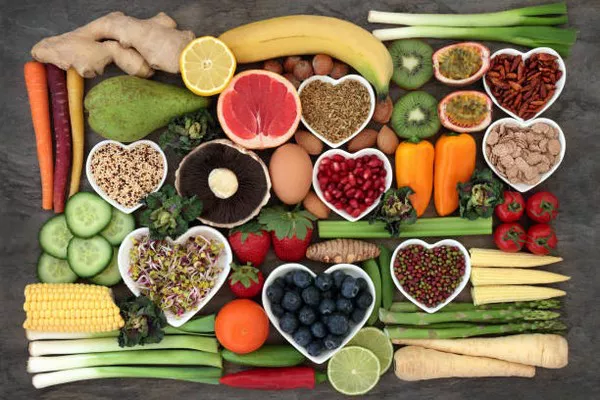Zinc is an essential mineral that offers numerous health benefits, particularly for immune support. It plays a crucial role in maintaining a healthy immune system by aiding in the production and activation of T-cells, which are vital for fighting infections. Additionally, zinc contributes to tissue repair and accelerates wound healing.
Key Health Benefits of Zinc:
- Immune Support: Zinc is integral in the functioning of the immune system. It helps produce and activate T-cells, which combat infections effectively.
- Tissue Repair: This mineral aids in healing wounds and repairing damaged tissues, making it vital for recovery after injuries.
- Protein and DNA Production: Nutritionist Keisha Black emphasizes that zinc is involved in producing proteins and DNA, which are essential for growth and development.
- Inflammation Reduction: Zinc can help reduce inflammation and promote skin healing. It is particularly beneficial in managing skin conditions such as acne and eczema.
- Cognitive Function: Zinc supports brain function and may enhance memory and learning abilities.
- Hormonal Balance: For women, zinc helps regulate menstrual cycles, while in men, it aids in maintaining healthy testosterone levels.
Ensuring Adequate Zinc Intake
To ensure you receive enough zinc in your diet, consider incorporating the following zinc-rich foods:
- Meat: Beef, pork, and lamb are excellent sources of zinc.
- Seafood: Oysters are particularly high in zinc, but crab and lobster also provide significant amounts.
- Dairy Products: Foods like milk, cheese, and yogurt contain moderate levels of zinc.
- Legumes: Chickpeas, lentils, and beans are good plant-based sources of zinc.
- Seeds and Nuts: Pumpkin seeds, sesame seeds, and cashews are rich in this essential mineral.
- Whole Grains: Quinoa, oats, and brown rice provide zinc, although phytates in these grains can inhibit absorption.
- Eggs: A versatile and easily accessible source of zinc.
- Fortified Foods: Some breakfast cereals and other products are fortified with zinc.
A balanced diet that includes a variety of these foods can help you meet your daily zinc needs.
Consequences of Zinc Deficiency
A deficiency in zinc can lead to a range of health issues due to its vital role in various bodily functions. These issues include:
- Weakened Immune System: Low zinc levels can result in a compromised immune response, making one more susceptible to infections.
- Delayed Wound Healing: Inadequate zinc can hinder the body’s ability to repair wounds.
- Stunted Growth in Children: Zinc is essential for growth, and a deficiency can result in developmental delays.
- Hair Loss: Zinc deficiency is linked to hair thinning and shedding.
- Skin Issues: Low levels of zinc can cause dry, rough skin and exacerbate conditions like acne and eczema.
- Cognitive Impairment: Zinc deficiency may affect cognitive functions, leading to difficulties with concentration, memory, and mood. It has also been associated with depression in some cases.
- Increased Diarrhea Incidence: Zinc deficiency is particularly concerning for children, as it can lead to more frequent and severe episodes of diarrhea.
Conclusion
Addressing zinc deficiency through dietary adjustments or supplements can alleviate symptoms and improve overall health. By incorporating zinc-rich foods into your daily diet, you can harness the many benefits of this essential mineral and support your body’s overall well-being.
Related Topic:
How Long Before Workout To Eat Protein Bar


